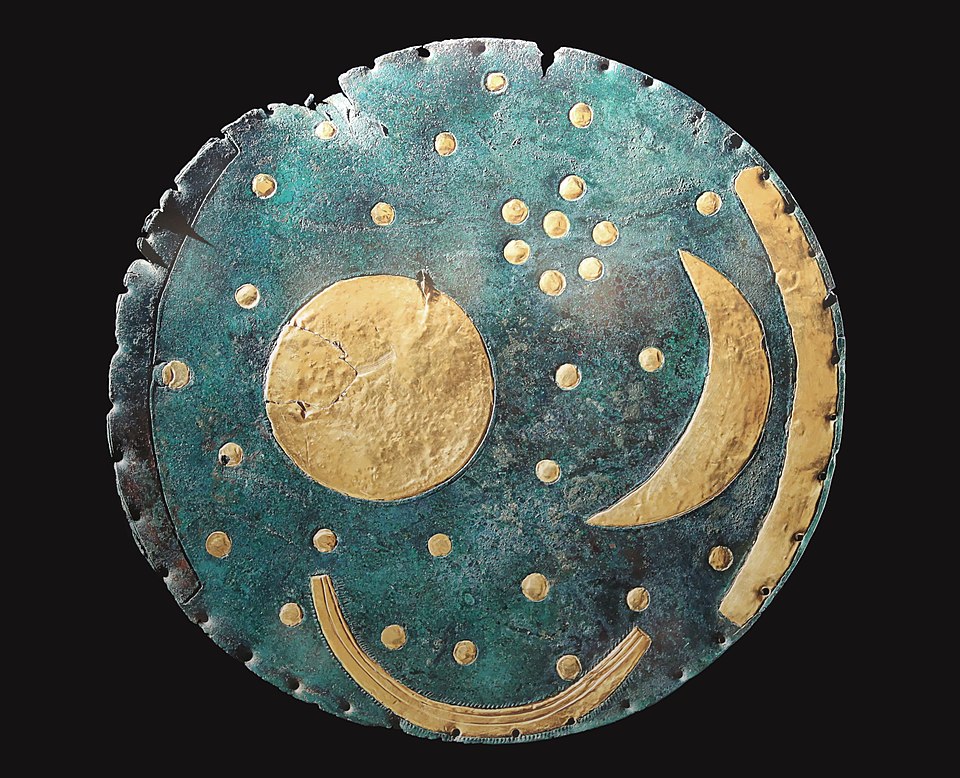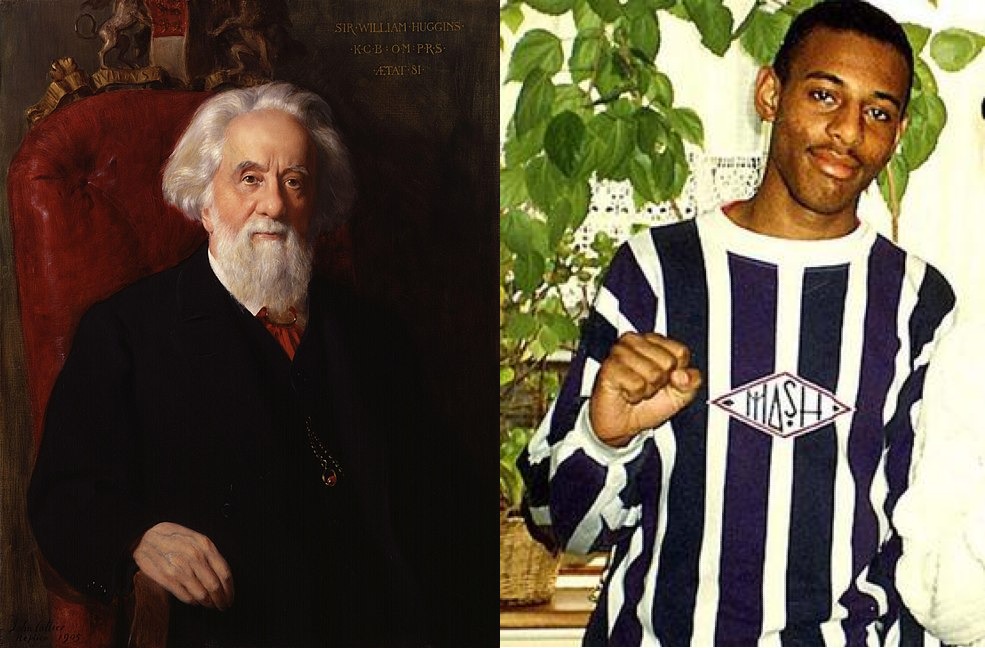Serge Alexandre Stavisky: The Jewish Fraudster Who Brought Down a French Government
A single fraudster exposed the fragility of modern France by showing that power serves itself before it serves justice. Serge Alexandre Stavisky was born on November 20, 1886, in Slobodka near Kiev in the Russian Empire. The son of Emmanuel Stavisky, a Russian Jewish immigrant, Alexandre received his formal education at the prestigious Lycée Condorcet in Paris.
Yet by 1912, at just 26 years old, Frederick Brown writes in “The Embrace of Unreason: France, 1914-1940,” that Stavisky “was well on his way to establishing himself as an inveterate swindler.” That year, he rented the Folies-Marigny Theater for the summer and put on a play that shut down after just two weeks. He never paid back the concessionaires who had put down deposits, and although he was caught, he avoided trial when World War I broke out. The war also spared him from prosecution for cheating a munitions company, Darracq de Suresnes, out of 416,000 francs in a shady deal to sell bombs to Italy. After receiving amnesty in 1918, Stavisky picked up right where he left off—running even more elaborate scams.
Brown notes that Stavisky “was by no means alone in robbing French investors during the 1920s.” Almost as notorious as he was, Marthe Hanau and her former husband Lazare Bloch became infamous figures in the financial world of 1920s France. Hanau was born in Lille in 1890 to a Jewish industrialist family. Her mother, a frugal Jewish shopkeeper in Montmartre, managed to provide a dowry of 300,000 francs when Marthe married Bloch at the age of 24. Bloch himself came from a family who made a fortune in the jute business and was widely presumed to be Jewish as well, given the way both were depicted in the scandal-mongering newspapers of the day.
Together, the couple founded a financial journal that promoted shell companies and fraudulent short-term bonds promising unusually high returns. In December 1928, police arrested Hanau, Bloch, and their associates after investors had lost millions. Hanau delayed her trial by going on a hunger strike and even climbed down a hospital wall using a rope made of sheets to avoid being forcibly fed. When the trial finally began in February 1932, she exposed the names of corrupt politicians who had profited from her schemes. Released from prison after nine months, she published an article exposing corruption in the French financial system, quoting confidential material leaked by a Ministry of Finance employee. The disclosure led to her re-arrest. She escaped again, was recaptured, and ultimately took her own life.
Their downfall became a spectacle for France’s growing antisemitic movement, which eagerly portrayed the scandal as proof of alleged Jewish corruption in finance and politics. The Hanau-Bloch affair foreshadowed later episodes like the Stavisky scandal, where accusations of Jewish financial manipulation were exploited to galvanize public distrust and delegitimize the French Third Republic.
Brown describes how Stavisky continued operating with even greater audacity in the interwar period:
No less devious was Stavisky, who entered the 1930s in the shadow of a trial adjourned nineteen times, but mingling prominently in café society, gambling for high stakes, and sporting the accouterments of wealth. He and his glamorous wife occupied rooms at the Hôtel Claridge.
A habitual trickster best known for his Ponzi-style schemes under the name Serge Alexandre or Monsieur Alexandre, Stavisky controlled two newspapers with opposing political leanings, along with a theater, an advertising agency, a stable of racehorses, and what Brown described as “a sty for enablers feeding at his trough.” Among the enablers were powerful police officers, rogue politicians, resentful civil ervants, crooked attorneys, media fixers, and influential members of the press.
In 1931, Stavisky launched the operation that would make him the titular villain of an affair that rocked the French Republic at the time. He had long set his sights on municipal pawnshops, or crédits municipaux—lending institutions recognized by the state as serving the public good and authorized to issue tax-exempt bonds. During a pivotal meeting in Biarritz, Stavisky persuaded the mayor of Bayonne, a well-connected legislator, to secure authorization for the creation of such a crédit municipal.
Historian Paul Jankowski, quoted by Brown, writes:
The month Spain lost its king, April 1931, Bayonne gained its crédit municipal. Revolution in Madrid had come just in time for Stavisky and his hirelings, and had made plausible their fable of jewels from Alfonso XIII and the royal family, from Countess San Carlo, from rich Antonio Valenti of Barcelona, and from frightened Spaniards reported crossing the border to seek safe haven for themselves or their valuables. Rumors of plunder and flight justified by their proximity to the town’s new crédit municipal, launched with a budget that would have been extravagant even in a teeming metropolis.
The forged bonds became the basis for every fraud that followed. Stavisky’s scheme thrived on complacency, deception, and a suspension of logic. As Brown noted, few paused to ask how Bayonne’s crédit municipal could afford generous interest rates during an economic downturn.
The fraud unraveled in 1933 when an insurance firm tried to cash its fake bonds. While the crédit municipal stalled, Stavisky scrambled to cover the shortfall through a new bond issue—but the press was already smelling blood in the water. Investigative reporters uncovered what government overseers ignored. Under orders from the state comptroller, the Bayonne treasury receiver examined the books and exposed a vast discrepancy between the institution’s declared assets and reality. There were no treasures being held as collateral, least of all the Spanish crown jewels. That December, police arrested the bank’s executive, Gustave Tissier.
Everything soon began to unravel. Brown recounts that “Beneficiaries of pension funds heavily invested in the crédit municipal (with the Ministry of Labor’s approval) derived some satisfaction from seeing Stavisky exposed.” The usually composed swindler panicked after learning of Tissier’s arrest and escaped to the French Alps. Authorities quickly launched a search for the man widely known as M. Alexandre. On January 1, 1934, Paris-Soir published an article titled “Search Continues for Swindler Stavisky.” Days after the manhunt intensified, a breakthrough came when France’s criminal investigation bureau, the Sûreté Générale, received intelligence they deemed credible. Inspector Marcel Charpentier immediately boarded a train bound for Lyon, arriving on January 8 at a secluded chalet clinging to the snow-covered slopes of Mont Blanc near Chamonix.
When authorities forced entry and approached a rear bedroom, announcing their presence, a single gunshot rang out. Inside, they discovered Stavisky with fatal wounds. Official pronouncements declared the death a suicide. But across France, skepticism ran deep—millions remained convinced that powerful figures, whose reputations Stavisky could have destroyed from the witness stand, had silenced him permanently. Nevertheless, heads continued to roll because of this scandal.
Among the earliest political casualties was Albert Dalimier, the Minister of Colonies. While serving as minister of justice in 1932, Dalimier had certified the Bayonne crédit municipal as a legitimate repository for insurance investments. When his letter of authorization surfaced in the press, he had no choice but to resign in early January.
The leaks’ broader impact could not be overstated. They triggered a cascade of resignations, arrests, and suicides that would reshape French politics. Prime Minister Camille Chautemps faced mounting pressure as revelations emerged that his brother-in-law, Georges Pressard, had postponed Stavisky’s trial 19 times as Paris Chief Prosecutor. After Dalimier’s resignation, Chautemps stepped down on January 27, 1934.
His successor, Édouard Daladier, took office on January 28 but lasted only 10 days. When Daladier dismissed Paris Police Prefect Jean Chiappe, right-wing leagues organized massive demonstrations that erupted into violent riots on the night of February 6, 1934, leaving over a dozen dead and over 1,400 wounded when police fired on crowds near the Chamber of Deputies.
Although Daladier survived three votes of confidence that night, he resigned a few days after. The crisis ended only when former President Gaston Doumergue formed a National Union government that excluded Socialists and Communists but included future Vichy leaders like Marshal Philippe Pétain and Pierre Laval.
13 months into the investigation, the examining magistrate delivered two volumes to the public prosecutor. Inside were 7,000 pages of expert testimony. Prosecutors ultimately indicted 19 of Stavisky’s associates for various crimes and misdemeanors. His wife Arlette was among them. The former Chanel model faced trial in 1936 on charges of conspiring in her husband’s fraudulent schemes.
A jury found her not guilty.
The Stavisky Affair’s parallels with the Jeffrey Epstein case are rather uncanny and reveal enduring patterns in how Jewish corruption manifests itself across different eras. Both Jewish men died under mysterious circumstances while in custody facing serious criminal charges. Stavisky’s death was officially ruled suicide despite suspicious ballistic evidence, while Epstein’s death by hanging in his Manhattan jail cell was also ruled suicide despite numerous procedural violations and equipment failures. In both cases, the official suicide determinations were widely questioned by the public and media, generating extensive conspiracy theories about coverups and murders.
Both individuals cultivated relationships with powerful political and social elites. Stavisky had connections to French cabinet ministers, deputies, and high society figures. Epstein was associated with prominent politicians, royalty, and business leaders including Donald Trump, Bill Clinton, and Prince Andrew. These connections raised questions about how both men avoided serious legal consequences for extended periods. Stavisky’s trial was adjourned 19 times over six years through bribery and legal manipulation. Epstein similarly evaded serious prosecution for years despite mounting evidence of his crimes.
Both cases involved questions about whether their deaths prevented exposure of elite networks. Stavisky operated through systematic bribery and corruption of officials, while Epstein faced allegations of using compromising material to blackmail powerful figures. The deaths of both men conveniently silenced potential testimony that could have implicated prominent individuals in their respective societies.
Stavisky’s downfall was not just the end of a swindler but the unmasking of a nation that had long been captured by Jewish interests. From that point forward, especially with the Allied victory in World War II, France would become just another playground for Jewish perfidy.

 Butterflies and Stars: two of my favorite books about two of my favorite things
Butterflies and Stars: two of my favorite books about two of my favorite things Prehistoric pattern-recognition: the
Prehistoric pattern-recognition: the  Voids in the visual — Fraunhofer lines (image
Voids in the visual — Fraunhofer lines (image  White achiever and Black martyr: William Huggins and Stephen Lawrence (images from Wikipedia)
White achiever and Black martyr: William Huggins and Stephen Lawrence (images from Wikipedia) Awesome astronautic aspirations: this anti-Falun-Gong poster is cheesy, but China is serious about getting into space
Awesome astronautic aspirations: this anti-Falun-Gong poster is cheesy, but China is serious about getting into space Rainbow “research team” — the South African team roiled by criminality and chaos (image
Rainbow “research team” — the South African team roiled by criminality and chaos (image  Käthe Kollwitz (1867–1945), “The Survivors” (charcoal on toned paper)
Käthe Kollwitz (1867–1945), “The Survivors” (charcoal on toned paper)


